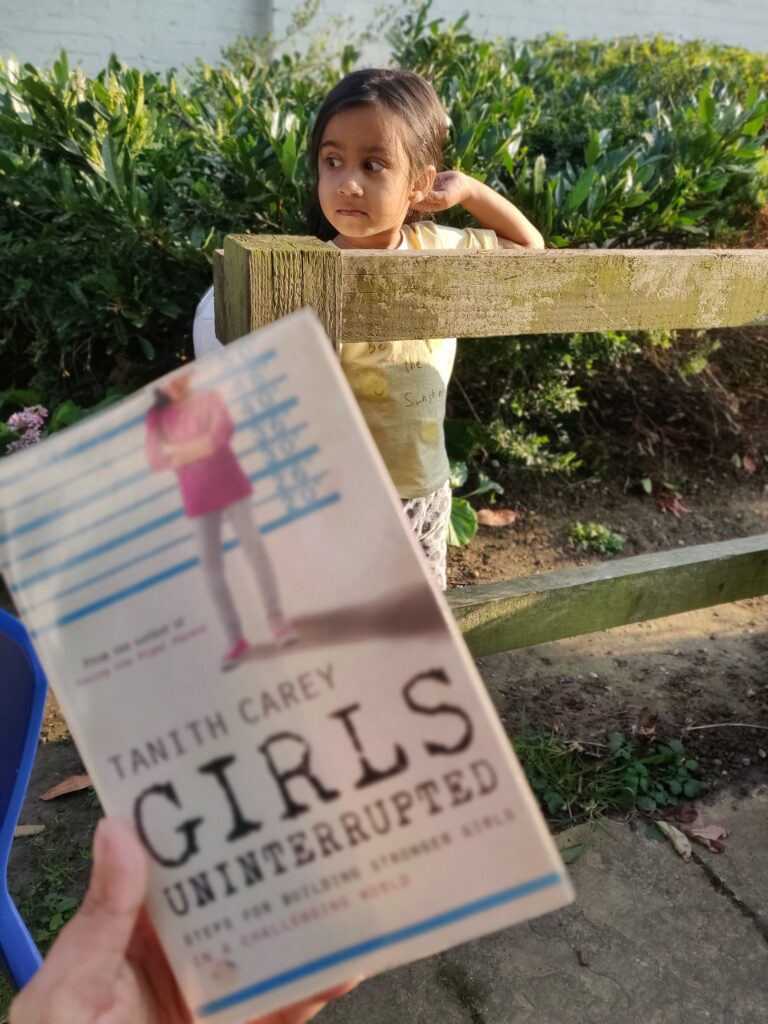In all senses, Stephen King’s novel, Dolores Claiborne, published in 1992- the year I was born- is an unconventional horror story. The author did not follow any traditional route for this novel- from the writing style to the horror elements, everything was different and out of the box.
First things first, the uncouth language…
There is no King’s novel without a foul vocabulary. When asked why he uses it, King explained that he intends to keep it ‘real’. That’s how the people in those parts spoke. Perhaps, he was right. The words that I don’t use in everyday life, made it easy for me to travel to those parts where the story was happening. I think that’s all there is to say about the swear words King use. You can’t tell a writer what to write; else, it won’t be authentic.
Next comes, the writing style…
The story, written in the first person’s point of view, has one more speciality: the whole story feels like a transcribed version of Dolores’s confession. It is possible to feel like sitting in a room with Dolores when she is confessing to the sheriff.
King, in my opinion, can develop a well-rounded personality for every character. In this story, he purposefully projects Joe St. George as a miserable alcoholic, abuser, racist and sexual harasser. The result of this projection is a natural sympathy towards Dolores.
Dolores comes across as a strong woman and a great mother since we do not have any other side of Joe, her abusive husband. I was supporting and rooting for Dolores halfway through the book. The hardest part of reading must be reading the book in dialogue style.
Horror elements…
After reading Pet Semetary and the Mist, I formed an opinion about Stephen King’s horror elements. All of his horror stories start with a human first. The darkness within each one of us is far more horrific and powerful than the supernatural elements.
Dolores Claiborne has a tiny supernatural horror element- when she connects with a small girl, who was sexually assaulted by her father- in the story. Otherwise, the horror element of this novel entirely depends upon the crude actions of humans.
Few points that I couldn’t miss…
Stephen King does a fantastic job, as he did in Pet Semetary, in narrating the difficulties of a caretaker. It is definitely not an easy job to take care of someone. King takes extra care in not making that role just selfless and kind. He makes it real by writing about the practical difficulties involved in that role.
By writing a strong female character, King alters the meaning of ‘bitch’. ‘Sometimes a woman has to be a bitch to survive.’ In the epilogue, a few magazine articles suggest that Dolores is patching her relationship with her daughter. King, though did not elaborate on this part but made a quick and accurate point about kids raised in highly dysfunctional families.
In my opinion…
I had a fair outline of what had happened in the story when I read the line ‘But it wasn’t his hands on me that brought him to grief…’ I knew who killed Joe St. George (which Dolores said that she did at the start of her confession). However, I had successfully guessed why she did it. Anyway, that wasn’t an obstacle to my curiosity in any way. I wanted to know ‘how’ she did it, and King knew how to keep that curiosity intact in the reader’s mind.
I ain’t gonna lie, but towards the end of the book, it was dry and lengthy- especially after the death of Joe. It was anticlimactic, though I was happy about the ending.
Neither Dolores nor Vera Donovan (the house owner), seemed like a bitch to me. Both of them were victims and survivors.
Rating: 4.5/5




